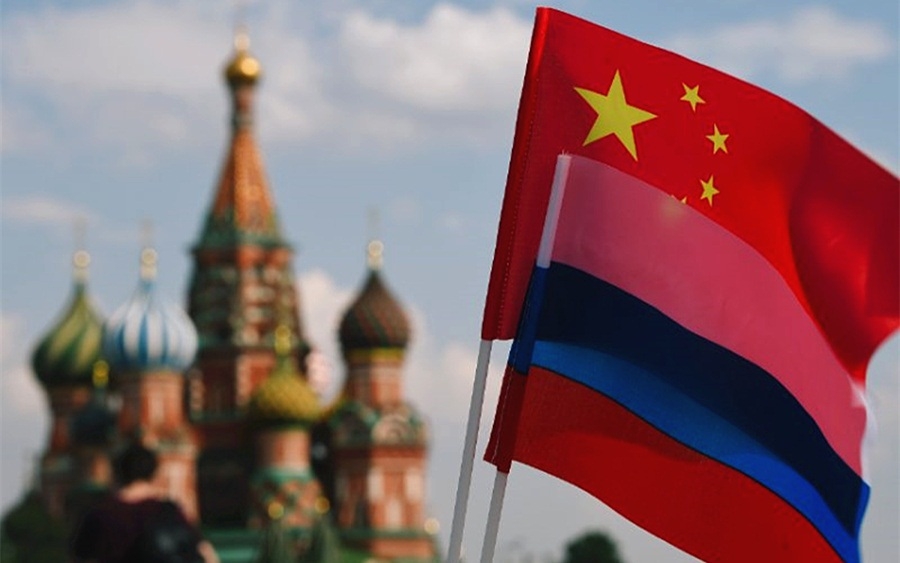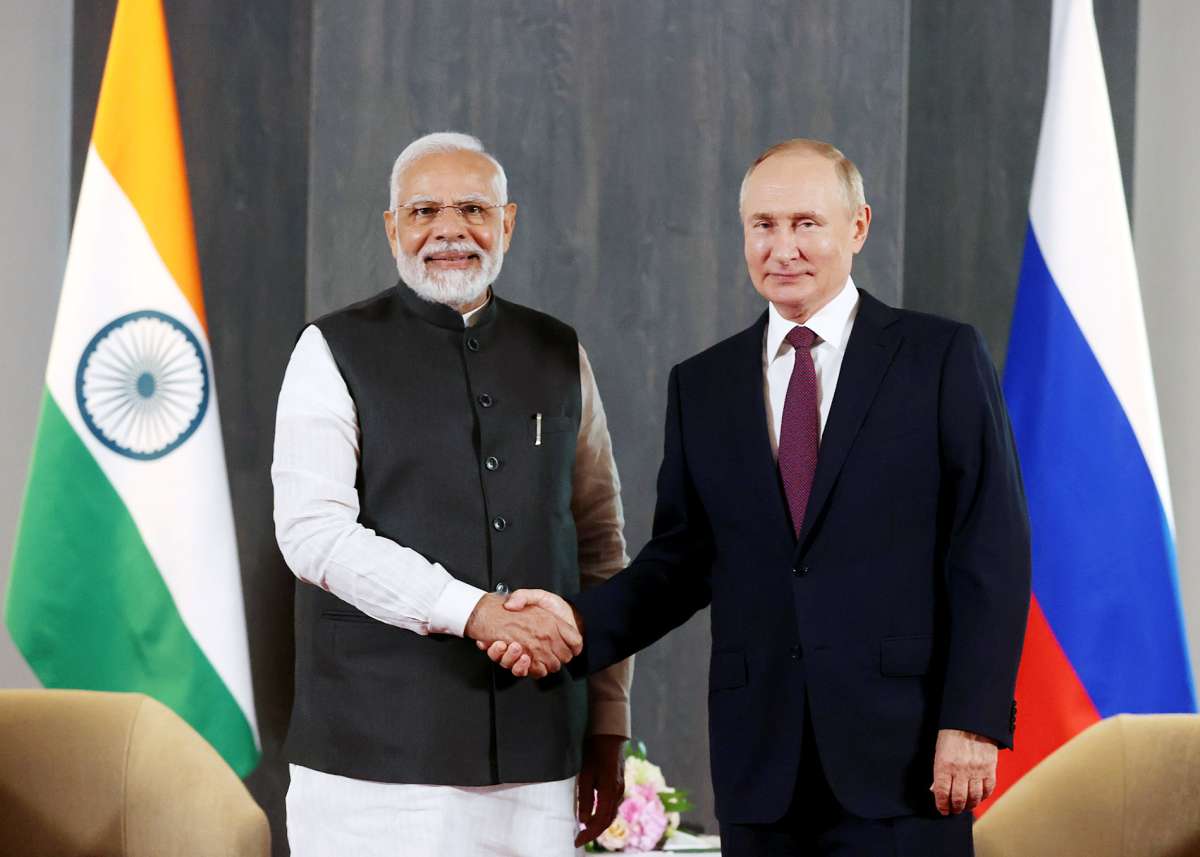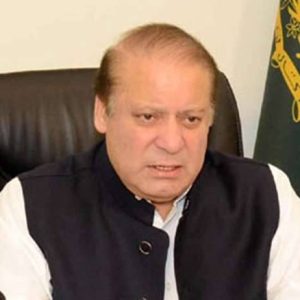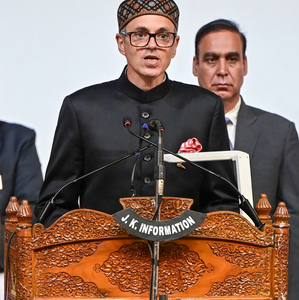The administration has announced stringent measures against individuals – including government employees, activists – suspected of anti-state activities, a move that has drawn sharp criticism from human rights groups and international observers.
The Balochistan government, under the leadership of Chief Minister Mir Sarfraz Bugti, has escalated its crackdown on dissent, targeting government employees, activists, and human rights defenders. The administration has announced stringent measures against individuals suspected of anti-state activities, a move that has drawn sharp criticism from human rights groups and international observers.
In a high-level meeting attended by top officials, including the Inspector General of Balochistan and the Chief Secretary, CM Bugti directed authorities to monitor and take action against government employees accused of promoting anti-state propaganda. Those found guilty will be placed under strict surveillance, with their names added to the Fourth Schedule for closer monitoring. Furthermore, heads of educational institutions have been instructed to ensure the daily hoisting of the national flag and recitation of the national anthem, with non-compliance leading to resignations.
The crackdown comes amid ongoing detentions of Baloch activists and leaders, prompting widespread condemnation. Dr. Shalee Baloch, central organiser of the Baloch Women Forum (BWF), has urged the Baloch people to support the Baloch Yakjehti Committee (BYC), denouncing the state’s repressive tactics. She highlighted the unlawful arrests of prominent activists, including Dr. Mahrang Baloch, Sammi Deen Baloch, and Bebow Baloch, who have been detained on dubious charges such as “disturbing peace and tranquillity.”
According to reports, over 200 activists have been arrested in recent days, with allegations of state forces employing excessive violence, including the use of tear gas, live ammunition, and unlawful raids. Dr. Baloch condemned the increasing violence against Baloch women and children, citing the illegal raid on Gulzadi Baloch’s residence and the detention of two minor girls as examples of the worsening human rights situation.
The suppression of activism in Balochistan has also drawn attention at the international level. Baloch National Movement (BNM) Foreign Secretary Faheem Baloch recently addressed the 58th United Nations Human Rights Council Session, shedding light on the grave human rights violations in the region. He detailed a harrowing incident in Quetta, where 13 bodies were discovered in a local graveyard, hastily buried without family consent. When relatives gathered to demand the return of the bodies for proper burial, security forces allegedly opened fire on the demonstrators, killing three people.
Faheem Baloch called upon the international community and human rights organisations to intervene, urging them to take action against the ongoing atrocities in Balochistan. He reiterated concerns over the treatment of detained activists, who remain under heavy surveillance and at risk of further abuse.
The broader repression in Balochistan is being seen as part of a continued effort by the state to quell movements advocating for regional rights and justice. Balochistan, despite being rich in natural resources, has long suffered from economic marginalisation, forced disappearances, and restrictions on freedom of speech and movement.
As the crackdown intensifies, the situation in Balochistan remains dire, with activists, human rights defenders, and international observers warning of a deepening crisis. The global community continues to watch closely as calls for justice and accountability grow louder.













